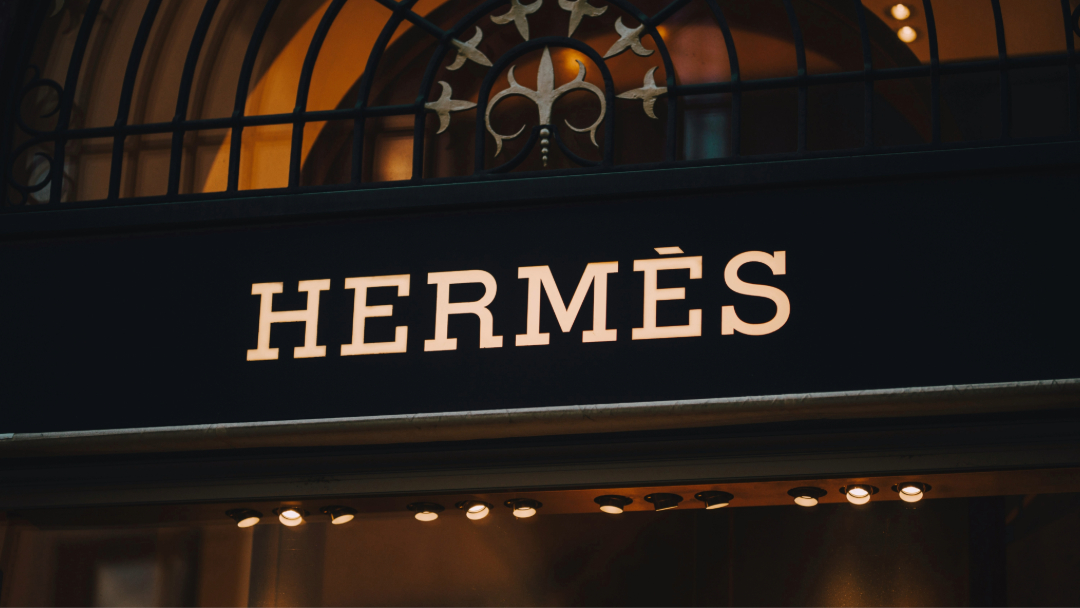Simon O’Connell, Analyst at Global Blue, articulates why exactly men play such an important role in the consumption of luxury goods in China

Simon O’Connell, Analyst at Global Blue, articulates why exactly men play such an important role in the consumption of luxury goods in China
Godrey Gao for Louis Vuitton
China is unusual in that men are more important to its luxury and fashion goods market than women. Men account for at least 55% of China’s luxury market, well above the global average of 40%, according to research from brokerage CLSA.
This is partly because the market is not just men buying for themselves, or the occasional generous wife or girlfriend buying a gift. No, in China businessmen routinely buy each other luxury branded gifts to secure deals, or gain favour with government officials and/or regional power brokers.
There are also cultural factors such as the general Chinese love of colour, decoration and display, a trend that largely died out with most western men after the 1970s. Another factor is that men love specifications, function, and service; while female consumers value design, taste, and the emotion a purchase evokes.
“ Men love specifications, function, & service; while female consumers value design & taste ”
Luxury is moving towards these male characteristics as brands put increased focus on expensive materials, high-tech manufacturing, accessories and ‘the brand’, all things men value, as opposed to more nebulous or abstract values like beauty, which women value. In a world where China gets ever more vital to luxury brands, the focus is increasingly on male values.
And yet, given all this, the reason that China is different from the rest of the world mostly comes down to plain demographics and wealth profiles: rich Chinese men are younger than anywhere else in the world. It takes money to buy luxury goods, and most of the wealth in Europe and the USA is in the hands of older men, indeed, the older they are, the more likely they are to have money. In China the reverse is true.
Older men spend money on holidays, wine, school fees, mortgage payments, alimony…but rarely are they interested in buying the wares of Louis Vuitton, Gucci, or Prada.
“ Rich Chinese men are younger than anywhere else in the world ”
Companies with a strong accessories offer, such as Burberry and Louis Vuitton benefit disproportionately from the gift-giving culture, and wealthy Chinese men’s penchant for designer ware. But they are also at risk of big sales swings because men are less likely than women to splurge in times of economic uncertainty, according to CLSA.
“Men are not prone to impulse shopping,” said Mariana Kou, CLSA’s consumer and gaming analyst in Hong Kong. “They tend to wait if the economy is pretty uncertain.”
Sales of men’s clothing at Burberry were up more than 50% in the final three months of 2012, and men’s accessories such as bags rose nearly 40%. “We remain very confident about the growth prospects for the China market generally,” Burberry’s Chief Financial Officer Stacey Cartwright said after the quarterly data was announced.
“ Sales of luxury goods should stay buoyant in Q1 2013 due to the Chinese New Year celebrations in February ”
Sales of luxury goods should stay buoyant in the first quarter in 2013 due to the Chinese New Year celebrations in February and then the National People’s Congress in March, where government positions will be confirmed – and gifts bestowed on the winners.
It’s not just leather goods and fashion that are growing in popularity with Chinese men. The Chinese male grooming market should increase by more than 20% per annum, according to research by RNCOS.
Coach China president & CEO Jonathan Seliger said gifting is no longer the primary driver of male luxury purchasing. “Chinese men have become even more enthusiastic about following fashion trends and have started attaching more importance to their outward appearance through personal decoration.”
“ Chinese male consumers are purchasing more luxury items for themselves rather than others ”
According to Bain & Company, “Accessories have become the core category in personal luxury goods. For the first time, leather-goods and shoes have become the largest piece of the market, 27% of sales. The category is seeing increasing levels of male spending, and in higher quality, higher price items.”
Qingqing Wu, VLOV CEO and chief designer was recently reported in Jing Daily as saying Chinese men stick to a small group of preferred brands compared to female counterparts, as “standards and expectations [among men] of the overall quality of a brand are very high. Moreover, men tend to be more loyal to their brands of choice.”
And wealthy Chinese women, of which there are legion, also purchase men’s products, according to Coach’s Seliger says, “In China, women often buy our men’s products. So we are implementing the model of dual-gender sales and opening more dedicated men’s stores in major cities.”
To further investigate the Chinese luxury market on Luxury Society, we invite your to explore the related materials as follows:
– China’s Luxury Watch Market Not Nearly As Grim As It May Seem
– The Global Consumer’s Interest for Haute Horlogerie Increases by 7%
– The Most Sought-After Luxury Watch Brands in China









